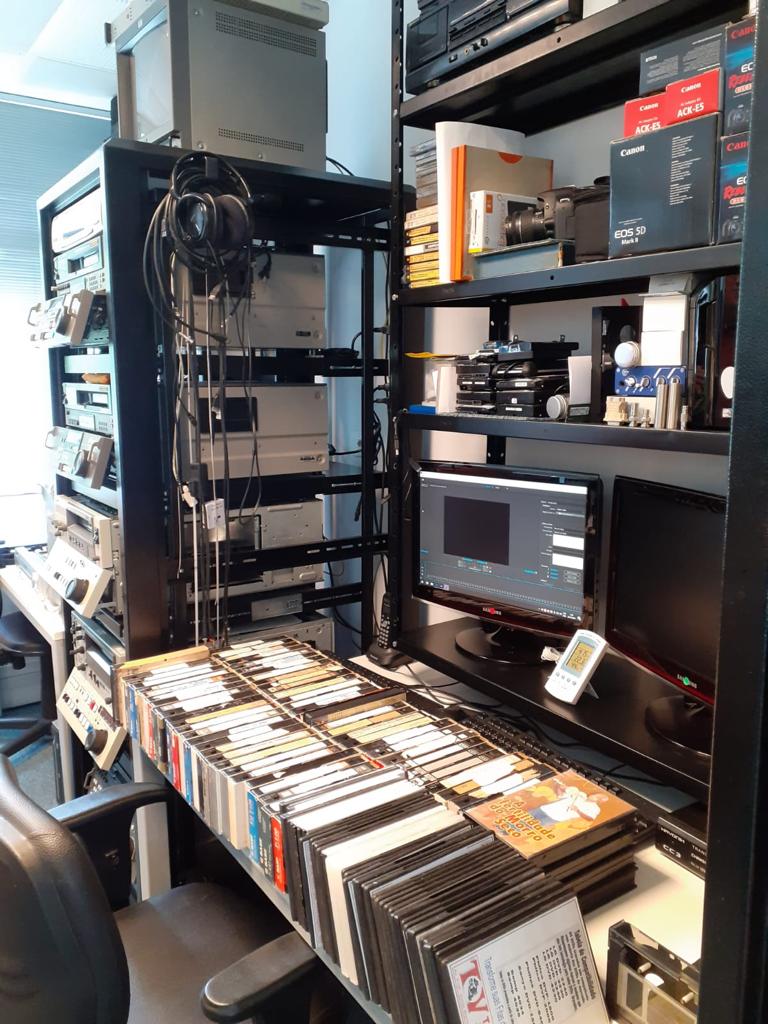Since 1999 the International Coalition of Sites of Conscience (ICSC) has been leading a global movement to document, preserve, and share stories of the past in order to build a more peaceful and just future. To support Sites of Conscience and like-minded organizations in these efforts, in 2022 ICSC developed a one-of-a-kind methodology through a year-long initiative entitled “Correcting the Record: Building Inclusive, Equitable, and Engaged Societies One Narrative at a Time.” The methodology provides a roadmap for Sites of Conscience and other allies to assess and recalibrate their repositories in order to offer more inclusive historical narratives and expand their impact building more equitable, just, and resilient societies. “Correcting the Record” acknowledges that, even with the best of intentions, all organizations can and should do a better job of being inclusive and holistic in their internal and external structures as well as the stories that they share.
The Museu da Imigração do Estado de São Paulo (São Paulo State Immigration Museum), Brazil, opened in 1993 to tell the stories of European immigrants and their families. Housed in the former Bras Immigrant Hostelry that played an important role in past migration policies targeted at the “whitening” of the Brazilian population, the museum’s “Correcting the Record” case study focused on challenging the legacy of Brazil’s “whitening” policies and colonial history by expanding their oral history collections to include the voices and narratives of Black and Indigenous communities. The museum aimed to present memory and heritage as a means of symbolic reparation and influence understanding of the history of Afro-Brazilians and Indigenous people. Camila Yanzaguano Bravo, Communications Associate at the Coalition, recently spoke to Thiago Haruo Santos, Researcher at the Museum, about the experience of the museum implementing the “Correcting the Record” methodology.

